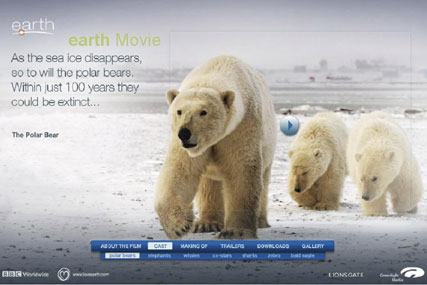
Speaking at the Oxford Media Convention last week, Burnham did not rule out a merger of Channel 4 and Five, but said "it is natural to look first at BBC Worldwide" as there are "obvious synergies" between the two.
Burnham made it clear no options had been discarded, but that top-slicing the BBC's licence fee to support other public service broadcasters would be his least-favoured choice.
Burnham welcomed "the commitment from Five to remain a public service broadcaster" and recognised the need for ITV's public service obligations to alter "to reflect the changes in the media landscape".
The minister's comments followed Ofcom's final PSB review, also published last week, which recommended a new commercial public service broadcaster be formed with Channel 4 at its core, via a merger or partnerships with BBC Worldwide or Five.
The report highlighted that any such link-up would need to "maintain and strengthen" the delivery of public service content. Ofcom also recommended that Five should continue to broadcast national and international news, and original UK content.
Ofcom rejected the top-slicing option, but indicated that the creation of a new PSB body could be aided by giving Channel 4 a "one-off allocation" from the £130m-a-year BBC licence fee digital switchover surplus to fund a stake in BBC Worldwide.
The media regulator confirmed ITV could significantly cut its public service programming obligations. It is being allowed to drop some regional news bulletins, reduce non-news regional programming by half and cut back on current affairs.
Media analyst Paul Richards from Numis Securities estimated that ITV could save up to £40m if its PSB obligations were relaxed.
Richards said the broadcaster could save a further £40m if contract rights renewal is relaxed.



.jpg)
.jpeg)
